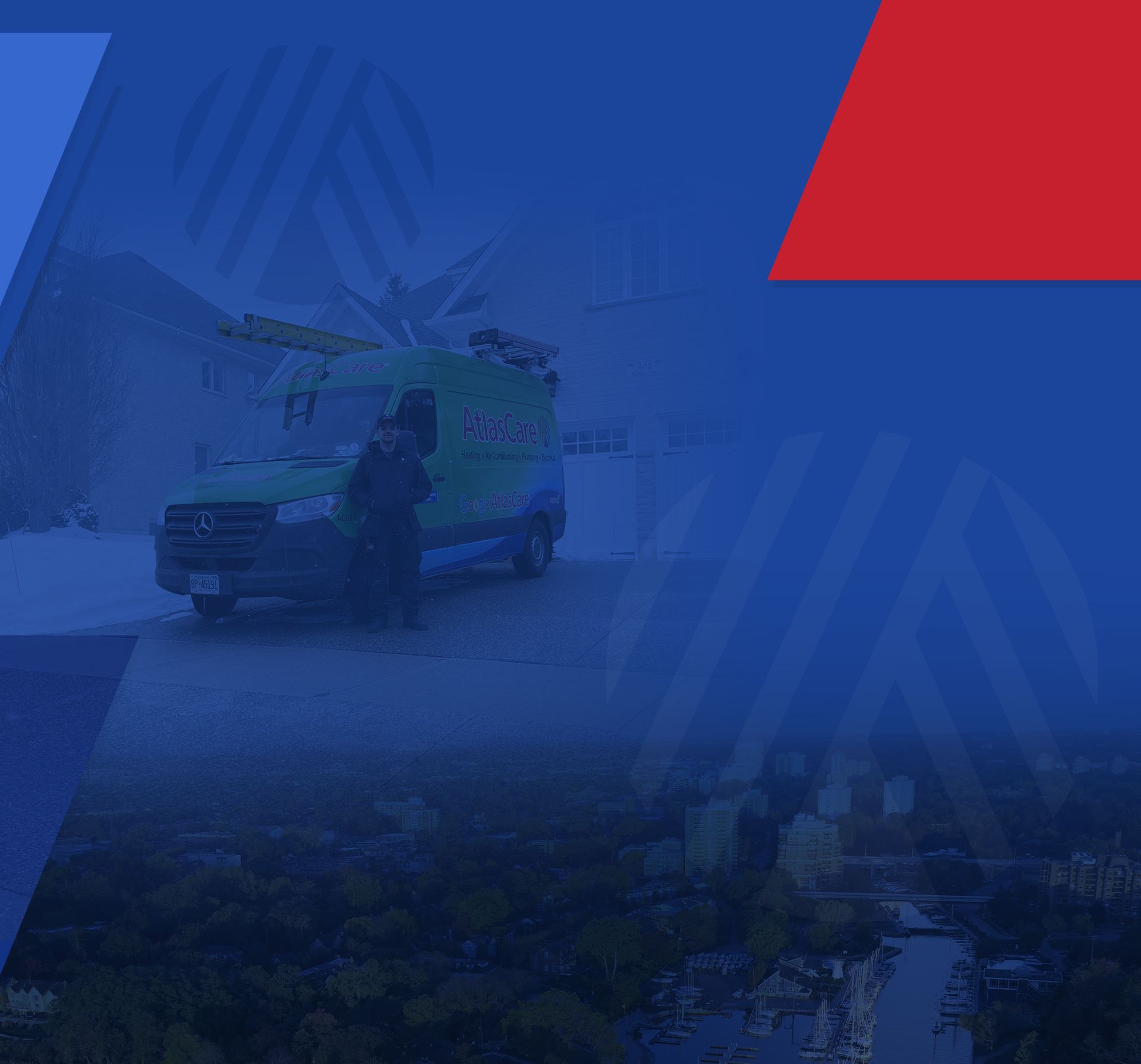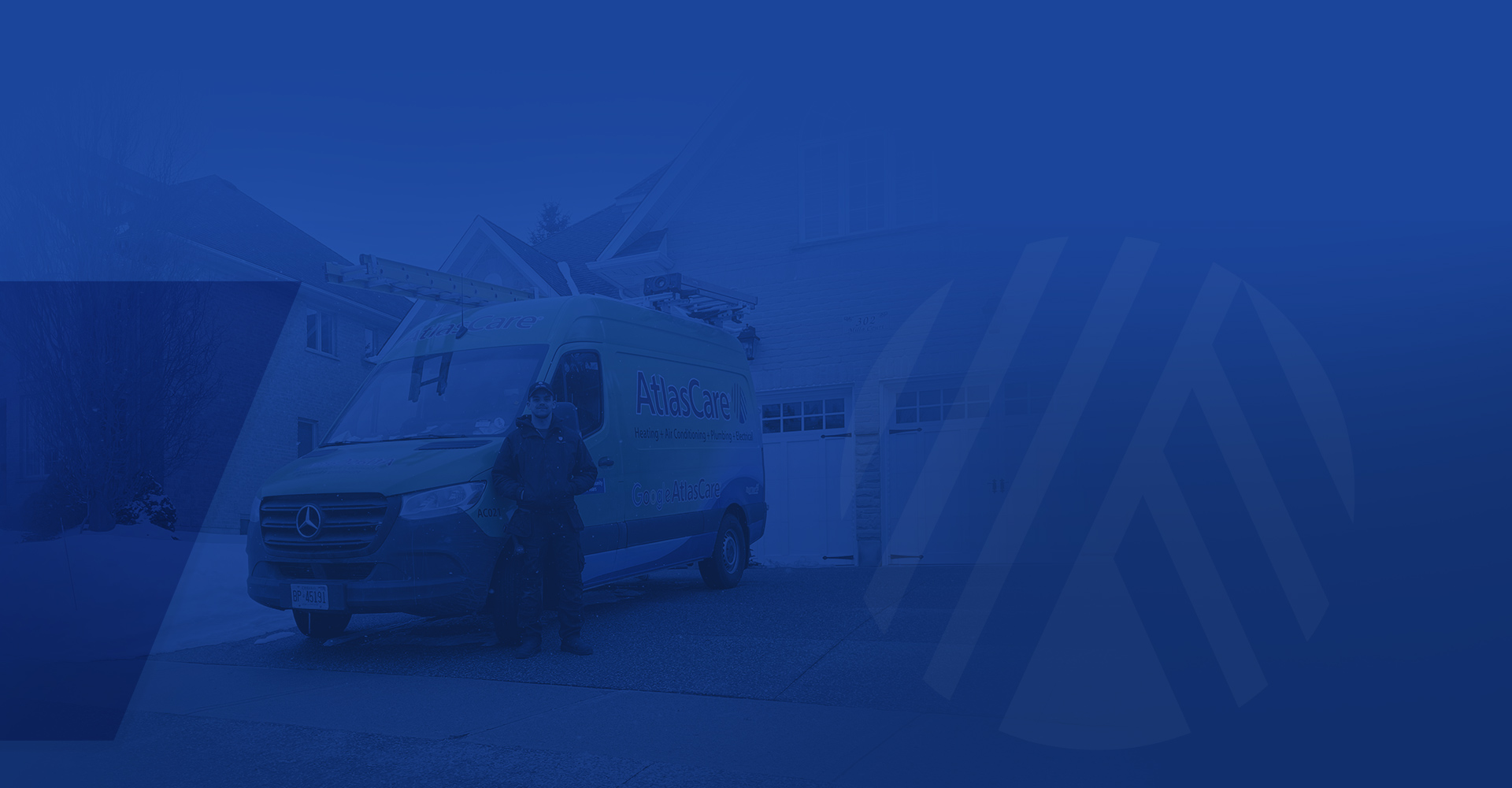How To Finally Stop Your Toilet From Clogging
We all know the sinking feeling that comes with a clogged toilet. First, there's the panic of overflow...then, the frustration of loosening the clog before someone notices.
While we know it's not the prettiest topic to discuss, it's important for homeowners to understand that clogged toilets can be much more than an inconvenience.
Here, we'll run through why toilets clog, how a clogged toilet can damage your home, and how to avoid a clogged toilet and an unnecessary visit from the plumber.
Why Do Toilets Clog in the First Place?
A toilet clog is a backup of water in the toilet or in the drain pipes connected to the toilet. These clogs may be partial, blocking only part of the water's passage, or they may totally occlude the pipe so that no water can pass.
Some clogs develop gradually, while others may occur all at once, like when you flush too much toilet paper in one go.
There are a number of reasons why toilets may clog, but first among them is that something was flushed down the toilet which the toilet and its drains were not designed to process.
Why Clogged Toilets Can Be a Big Deal
Unfortunately, a clogged toilet is more than just an inconvenience and a call for some hard work with a plunger! It can wreak havoc on your plumbing affect the rest of your home, too.
These "side effects" of a clogged toilet include:
- Drain damage which can lead to foul odours throughout the home. In some cases, clogs that are large enough to prevent water from reaching certain areas of a pipe may result in the pipe drying out. When a clog prevents the flow of water, the mechanism of removing waste is eliminated, and the stinky, stagnant water behind a nasty clog can lead to unpleasant smells throughout your home.
- Health hazards to the home's occupants. Perhaps most serious of all is the health risk associated with airborne irritants which may seep into the home as a result of a clogged toilet.
- Leaks and flooding. When there's nowhere for water to go, you might say it gets desperate. Clogged pipes may eventually lead to leaks as the water searches for a way to escape the pipe. These leaks can be devastating as they damage walls, floors, and ceilings or, worse yet, result in back-up and flooding.
What's Safe to Flush
Now that you know the devastating effects of stubborn toilet clogs, you're likely wondering how you can prevent your home and its occupants from experiencing this fate.
Luckily, all you need to know is a single rule of thumb: toilets are designed to process three things and three things only. You might call them the "three P's." Any guesses?
That's right—pee, poo, and paper. And when I say paper, of course, I meant toilet paper. Unlike other bathroom paper products, toilet paper is designed to dissolve quickly in water, making it much less hazardous to flush than other materials.
These substances are all perfectly safe to flush (in moderation, of course), and modern, properly functioning toilets and pipes should have no problems processing them.
What You Should Never Flush
Just as there are rules establishing what you can flush, there are rules dictating what you shouldn't!
Again, it's pretty simple. Is whatever you want to flush one of the three P's? If not, don't flush it!
Unfortunately, flushing is viewed by some people as a convenient way to get rid of waste, and many homeowners flush items that should never, under any circumstances, find their way into the toilet. For example, never flush:
- Hair
- Dental floss
- Hygiene products like liners and tampons
- Wet wipes (even the ones labelled as "flushable")
- Food
- Medication
- Band-aids
- Cotton balls
- Cat litter
Do any of these things start with "P"? No!
So, the next time you're tempted to flush that floss because your bathroom trash is full, think again!
But if you're already stuck with a clogged toilet...don't panic! You don't have to deal with it alone. Our licensed, certified plumbers can be at your home in no time. Call us at (647) 692-2978 or get in touch online to book your same-day or next-day appointment.






